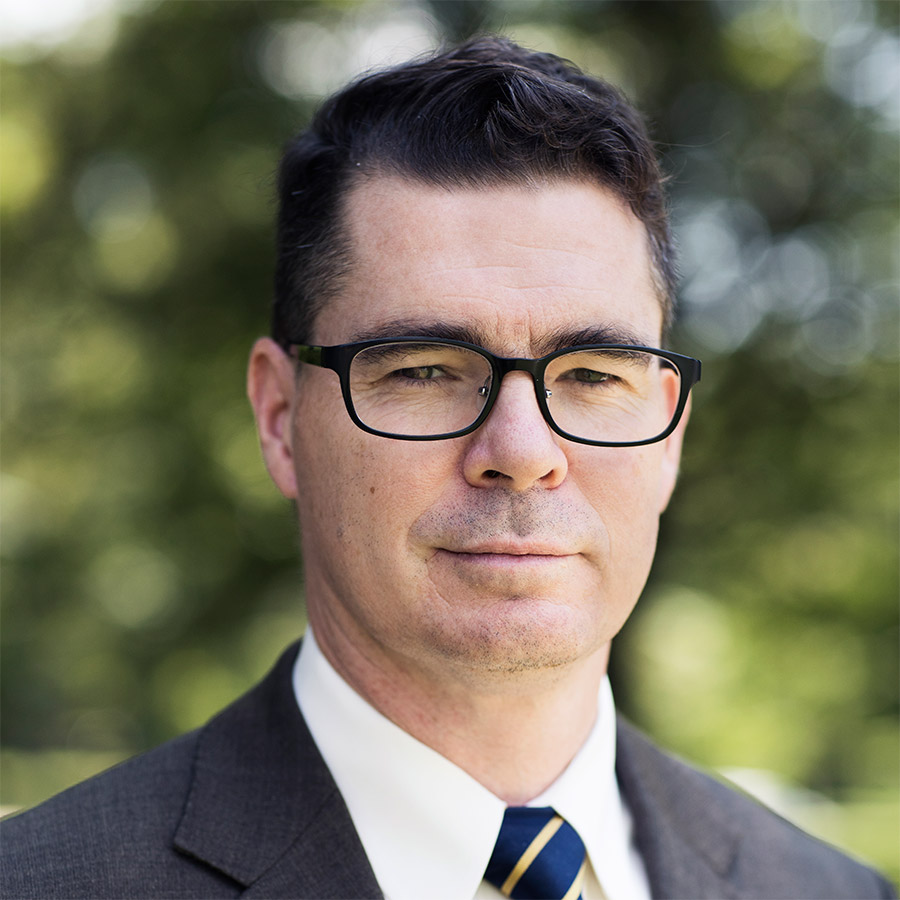Truly, there is nothing new under the sun.
In 1967, a commission of the American Bar Association came up with a proposal for the establishment of a national popular vote for the election of the president of the United States and the abolition of the Electoral College, which is laid out in Article 2 of the U.S. Constitution. The U.S. House of Representatives passed the proposal, which had become known as the Bayh-Celler amendment, in 1969, but the U.S. Senate voted it down in 1970.
In 1977, President Jimmy Carter recommended that Congress reconsider the idea. On July 22, 1977, political theorist Martin Diamond, a newly appointed professor of political science at Georgetown University, testified against the proposal and in defense of the Electoral College before the Senate Judiciary Committee. In a tragic twist, after engaging in a spirited debate with Sen. Birch Bayh, D-Ind., Diamond collapsed after suffering a massive heart attack. Bayh, Diamond’s erstwhile opponent, jumped over the dais, rushed to Diamond’s side, and with Sen. Orrin Hatch, R-Utah, immediately began trying to resuscitate him. Despite their efforts, Diamond died at age 57 in the hearing room. The Senate eventually voted down that effort to abolish the Electoral College in 1979.
Today, the Electoral College is under attack again. Just recently, Democratic vice presidential candidate Tim Walz opined, “I think all of us know the Electoral College needs to go.” His statement carries some weight, given the growing popularity of the National Popular Vote Interstate Compact, which would render the Electoral College irrelevant in a cynical end-run around the Constitution. I wrote a WORLD Opinions column against the NPVIC earlier this year.
The Harris-Walz campaign denies supporting the abolition of the Electoral College. Don’t believe it. As governor of Minnesota, Walz signed legislation committing Minnesota to the NPVIC in May 2023. And Vice President Kamala Harris has shown sympathy for the idea.
Click Here To Read More (Originally Published at World Magazine)
John is an associate professor of church history and philosophy at The Southern Baptist Theological Seminary and a research fellow at the Center for Religion, Culture, & Democracy, an initiative of First Liberty Institute.

